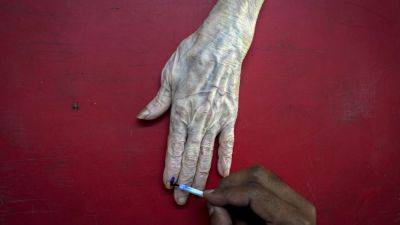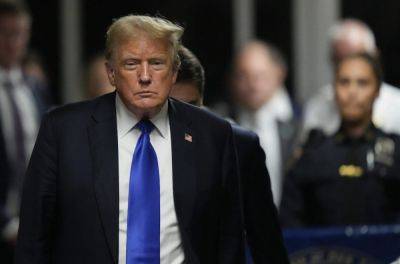In the world’s biggest election, millions of migrants are unable to vote
Mumbai, India CNN —
Chanu Gupta has lived in India’s financial capital Mumbai nearly his whole life, since arriving as a child from the northern state of Uttar Pradesh.
But when polls open in the city, the 59-year-old street vendor won’t be able to vote in the nationwide election – along with millions of internal migrant workers who are a major backbone of the country’s economy.
“I cannot go vote as I don’t belong to Maharashtra state,” Gupta told CNN in Mumbai’s shopping district Dadar, standing next to the roadside cart where he sells shaved ice and cold drinks. “I have voting rights in another state.”
Under India’s election rules, eligible voters can only cast ballots in their constituencies – meaning those working outside of their state have to return home to vote.
That’s all but impossible for many out-of-state workers, especially underprivileged daily-wage workers in the unorganized sector. And it’s a huge group – one study estimates there were about 600 million internal migrants in 2020, making up 43% of the country’s nearly 1.4 billion population at the time.
Chanu Gupta, a shaved ice vendor in Mumbai, poses for a picture during an interview with CNN on April 16, 2024.These workers are often from poorer rural parts of India, in search of work in bigger cities. Even then, they earn low wages that are usually sent home to support family members.
Perhaps nowhere is this starker than Mumbai – India’s richest city and the birthplace of the Bollywood movie industry. Often referred to as the “city of dreams,” Mumbai draws migrants from across the country hoping to find wealth and success.
More than 43% of Mumbai’s population were classed as migrants in 2011 during the last national census, according to migration







